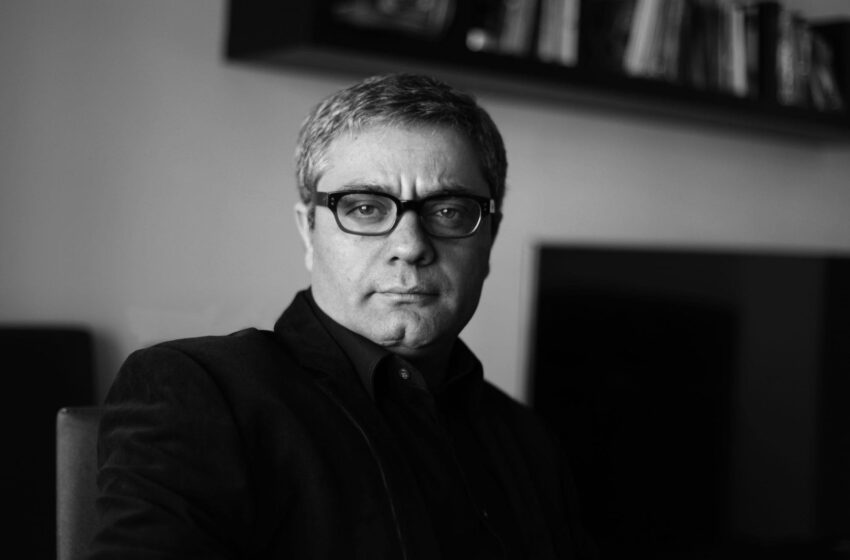
European Film Institutions call for the Freedom of Incarcerated Iranian Dissident Mohammad Rasoulof
Mohammad Rasoulof, director of the recent There Is No Evil, who was recently incarcerated in Iran, has gained international attention from many filmmakers and institutions since his Iranian jail sentence. Institutions such as European Film Academy (EFA), the Deutsche Filmakademie, Accademia del cinema Italiano-Premi David di Donatello, the Cannes Film Festival, the International Film Festival Rotterdam (IFFR) and many others have all issued statements expressing their deepest concerns.
Rasoulof was recently imprisoned for one-year according to his lawyer, for allegedly “attacking the security of the state” following the “propaganda” content in There Is No Evil. The sentence also demanded he stop making films for two years. However, it is time for more filmmakers and directors to stand up against the Iranian government’s blatant censorship and punishment of dissident art.
Rasoulof was unable to attend the February Berlin International Film Festival ceremony to collect his prize for There Is No Evil, a film connecting four stories about involvement in the death penalty in Iran. Executive producer Kaveh Farnam claims that the wave of political executions in 1988 was what ultimately inspired the film. Rasoulof’s own experience of lack of freedom of expression has also been noted in the film’s message of freedom and humanity under despotic regimes.
Indeed, There Is No Evil is openly critical of the Iranian justice system and its use of the death penalty. Iran has been described by international human rights scholar Javaid Rehman in his 2018 UN General Assembly address as having “one of the highest death penalty rates in the world”. According to Amnesty International, it is still behind China as the world’s leading state executioner and leads the way in terms of the execution of minors. Homosexuality is still considered an offence punishable by death in Iran.
The stakes were extremely high for Mohammad Rasoulof and crew, and all involved knew the risk that they were taking in defying the authoritarian regime. The film was made under complete secrecy and producer Farzad Pak thanked “the amazing cast and crew who put their lives in danger to be on this film”. The creative ways in which Rasoulof clandestinely defied the regime are astounding: with Rasoulof giving direction to scenes shot in an airport through an assistant, not having his name appear on any official documentation and shooting many scenes in remote regions of Iran.
However, in a recent statement, Rasoulof wanted the outcry to not only affect successful directors such as himself and Panahi but also to extend to the younger independent filmmaking generation who have not got the same resources to circumvent Iran’s intrusive activities. Farnam claims that many independent filmmakers have even turned to work on the Iranian government’s own film projects due to the lack of funds at their disposal. The resourcing gap is evident: the Iranian government have the helicopters and unlimited logistical and financial systems to shut down a whole street, as opposed to independent filmmakers where this is purely “impossible”.
This is not the first time that Iran has used its authoritarian powers to ban film directors from creating dissident films. In November 2019, action from over 200 Iranian film industry members came when Kianoush Ayari’s film The Paternal House was banned a week after its opening weekend in Iran. Well known Iranian director Jafar Panahi back in 2011 was also convicted of making “propaganda films” and sentenced to 20 years film-free.
Rasoulof and other Iranian directors continue to make films under increasingly unfair sanctions. In his powerful Berlinale Skype speech broadcasted to the world from his daughter’s phone, he highlights that everyone “can actually say no, and that’s their strength.” It is imperative not to forget about Rasoulof’s and others’ crucial films which lobby unfair regimes across the world. We must join the outspoken film institutions in support of these oppressed directors who rightfully express their freedom of expression through art.
Image Credit: Screen Daily

